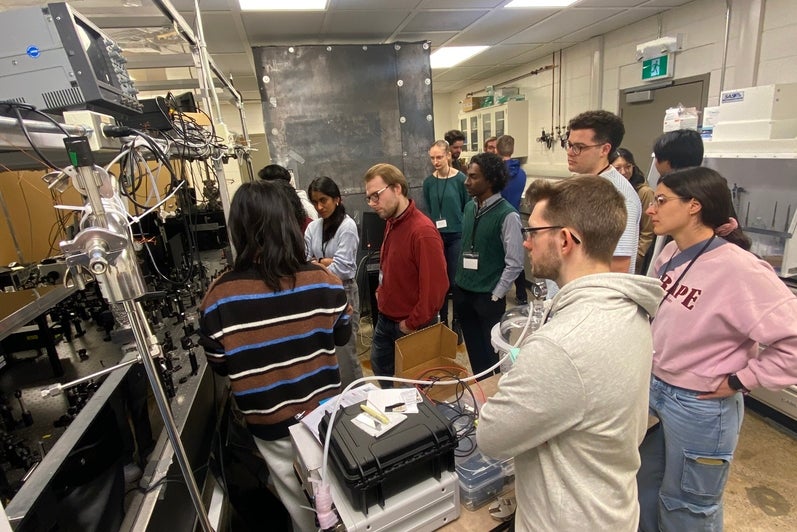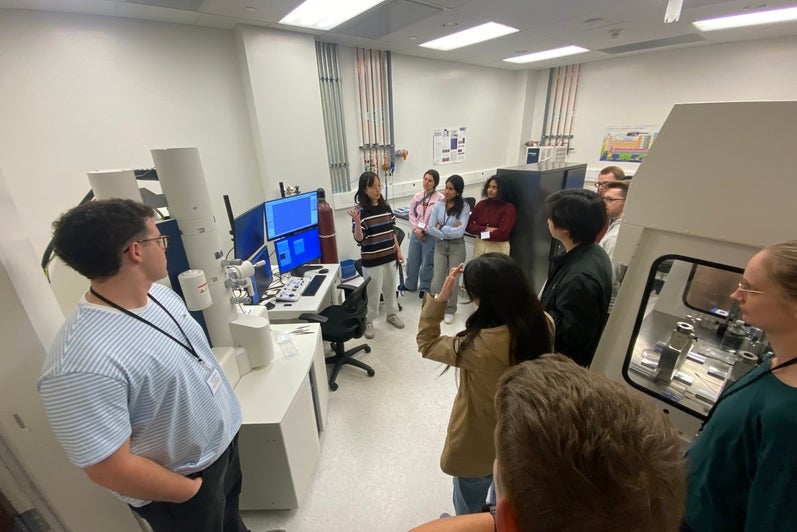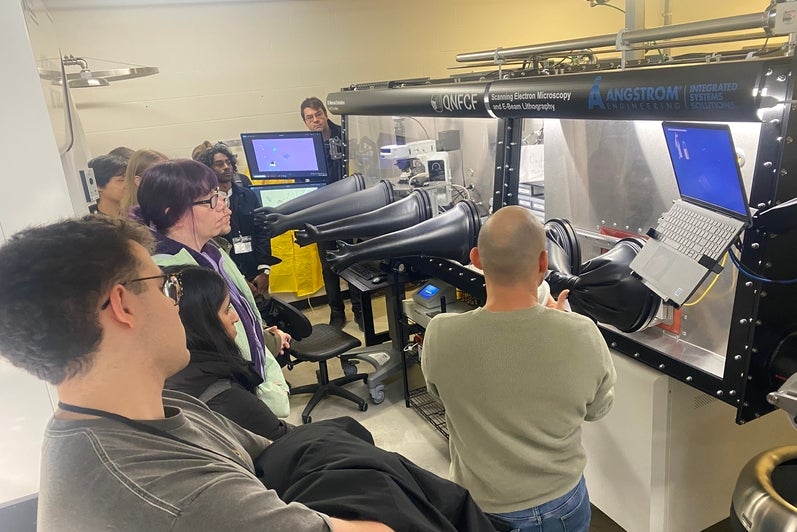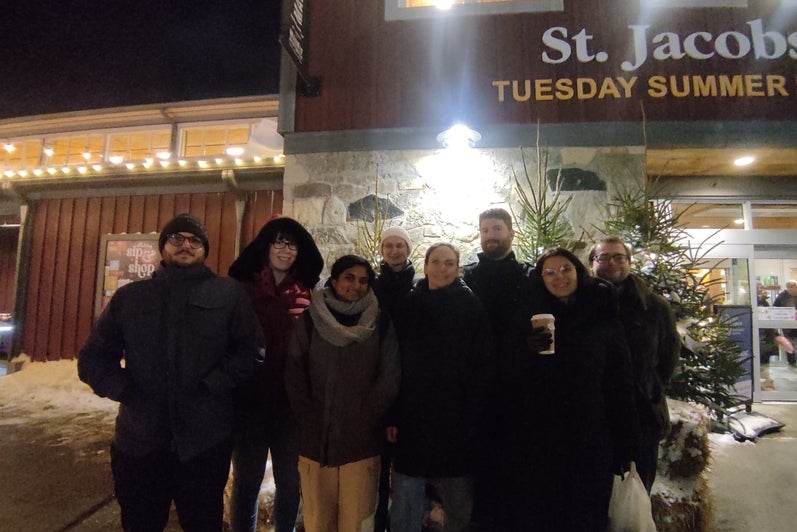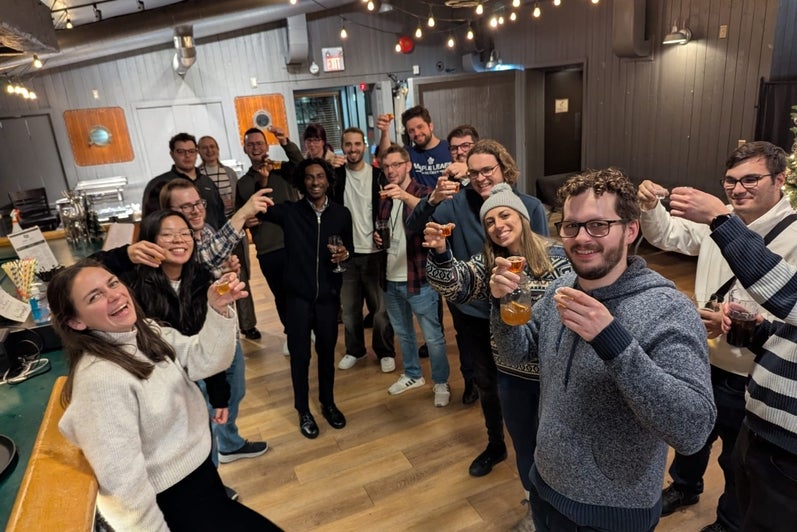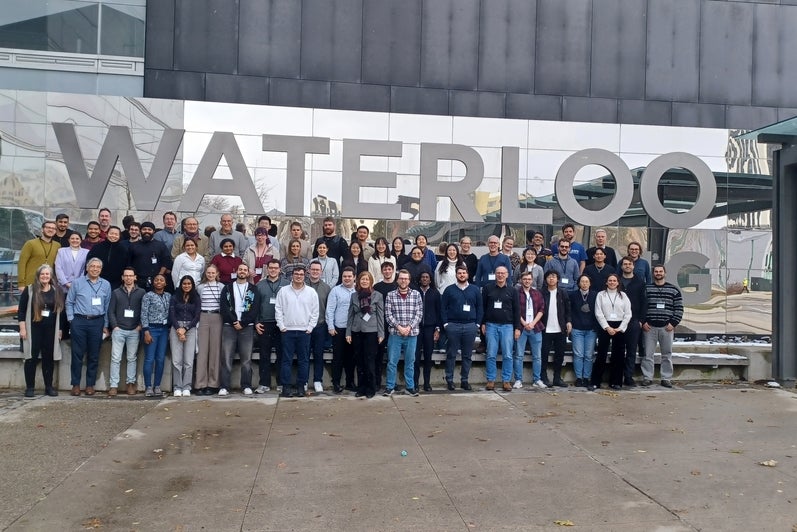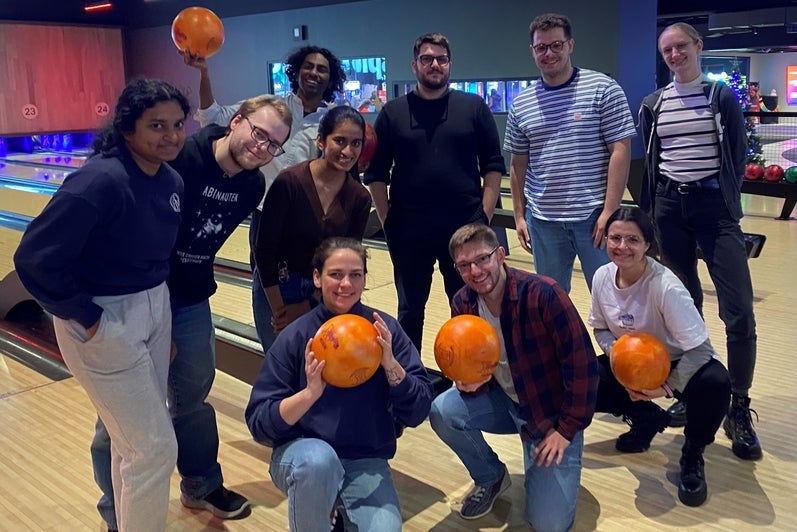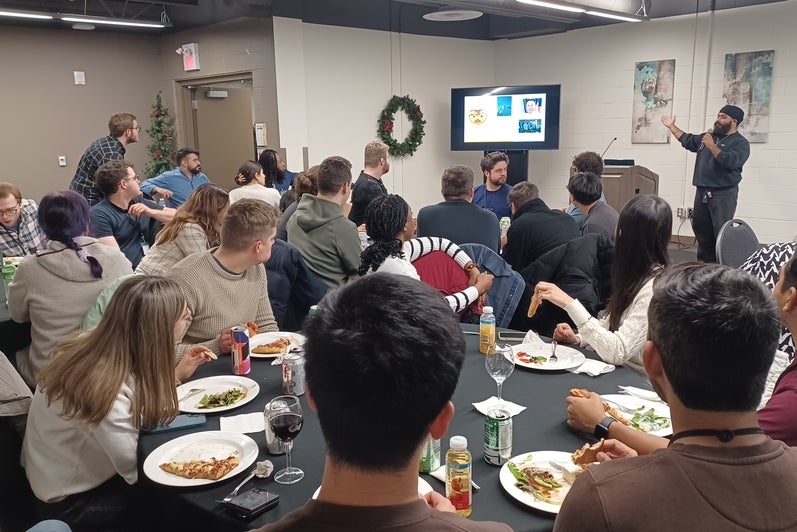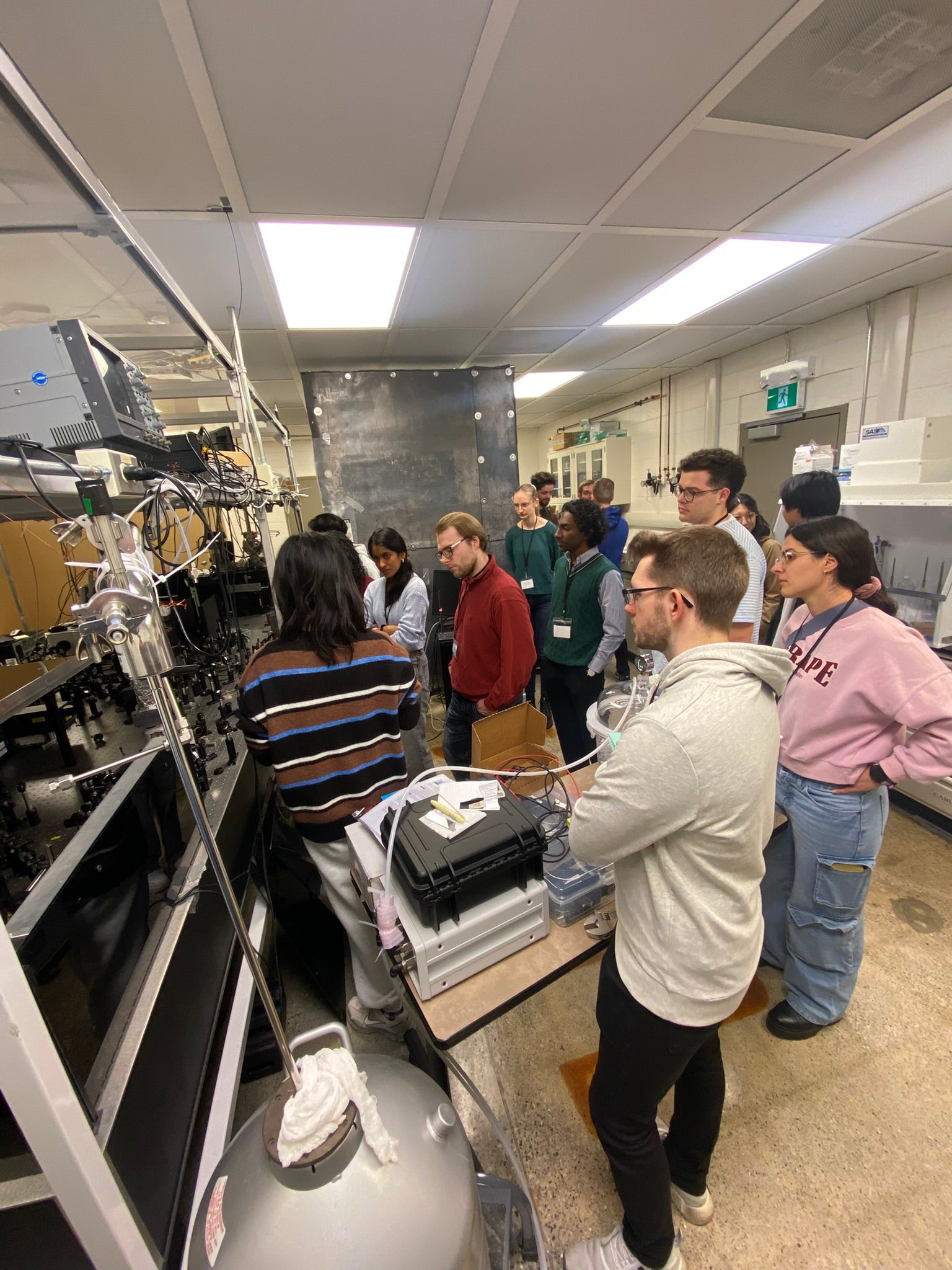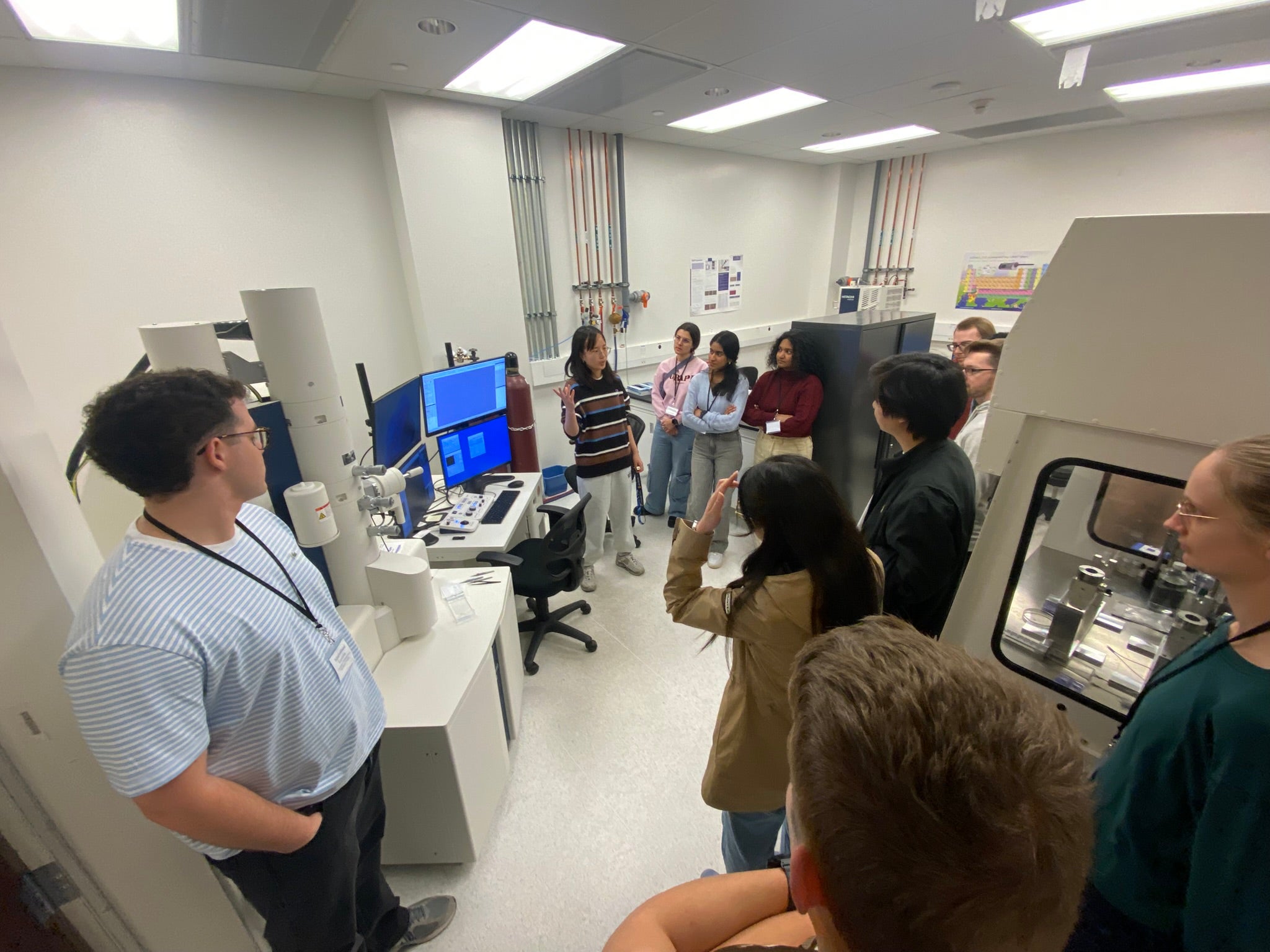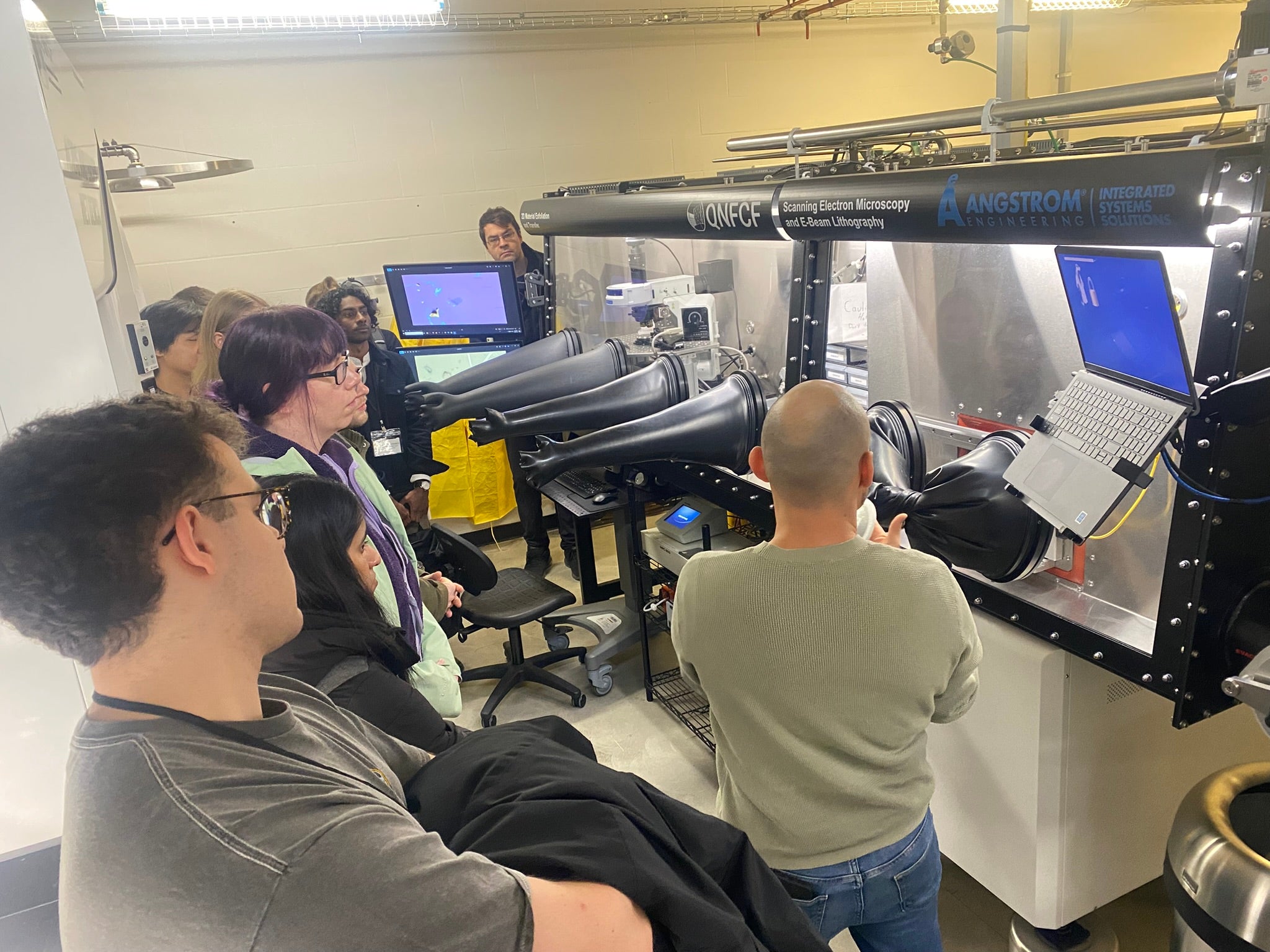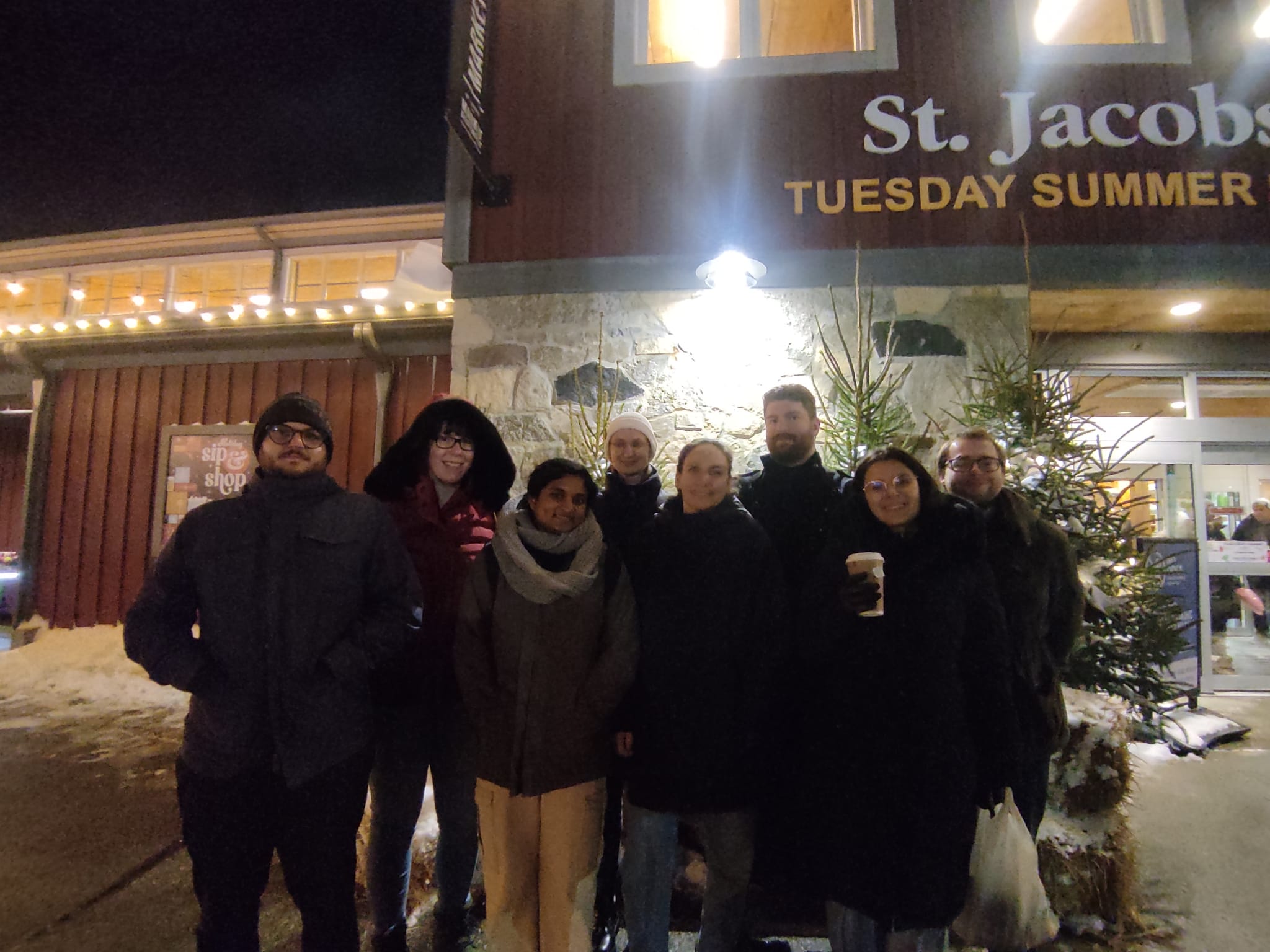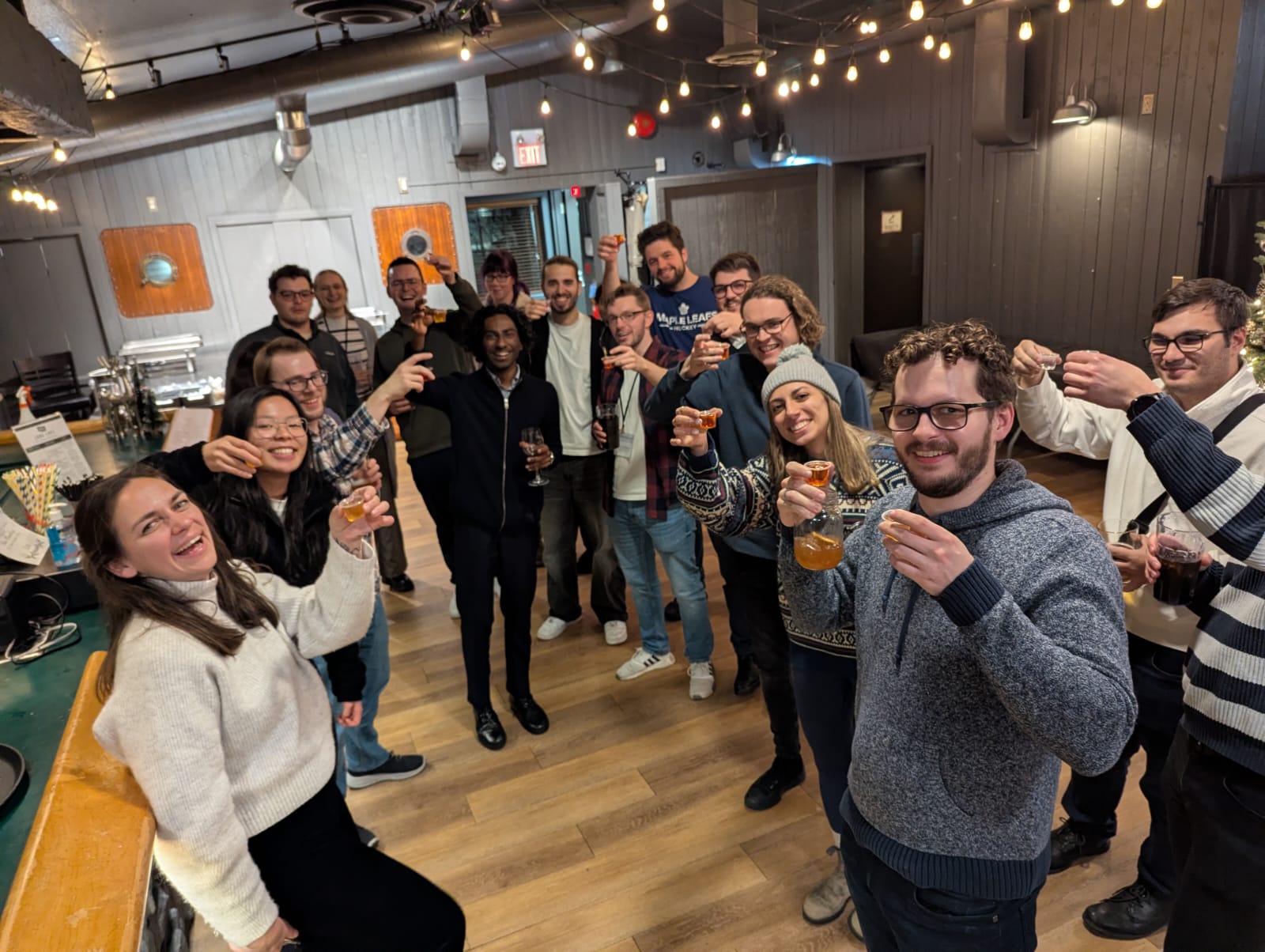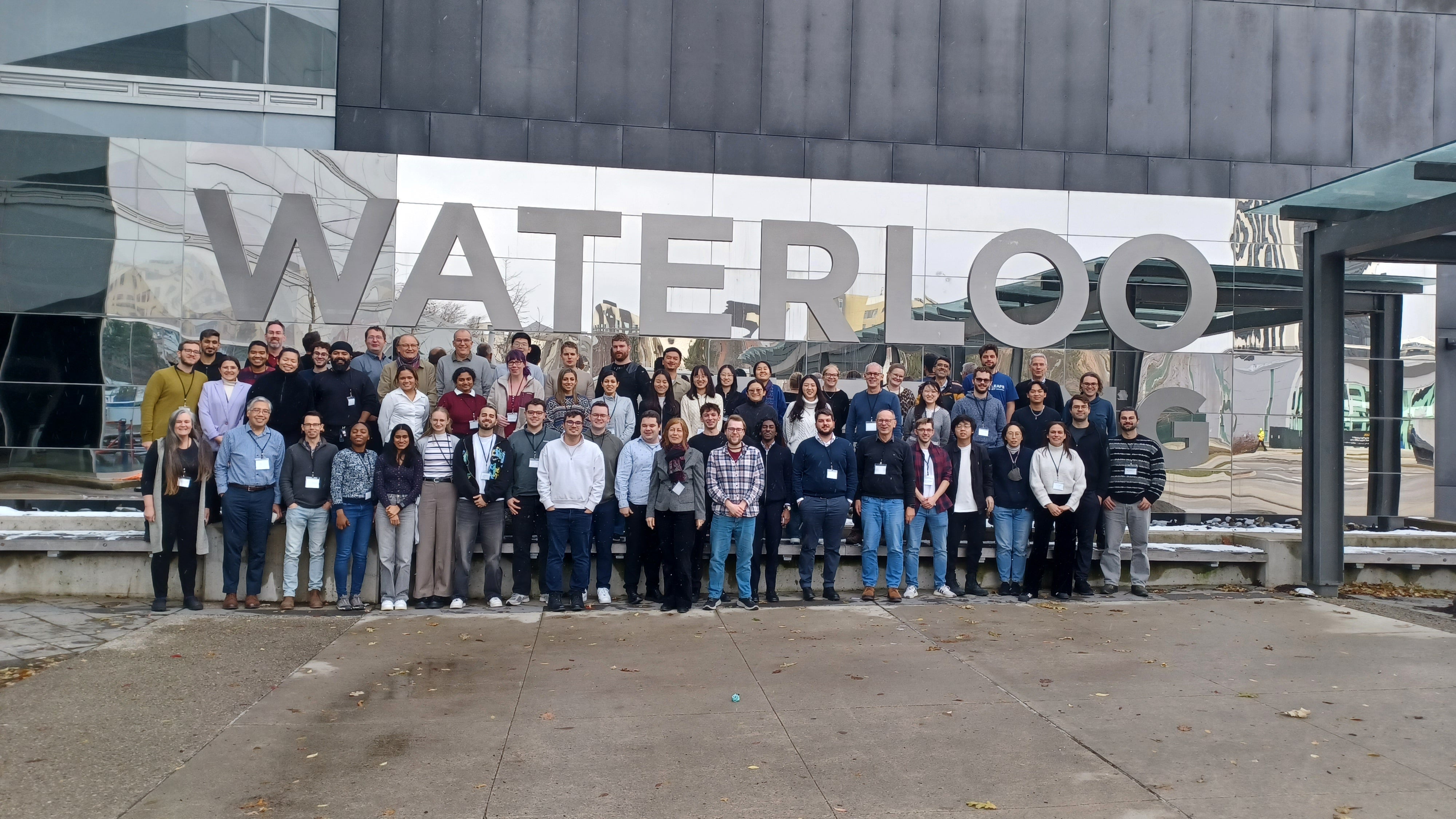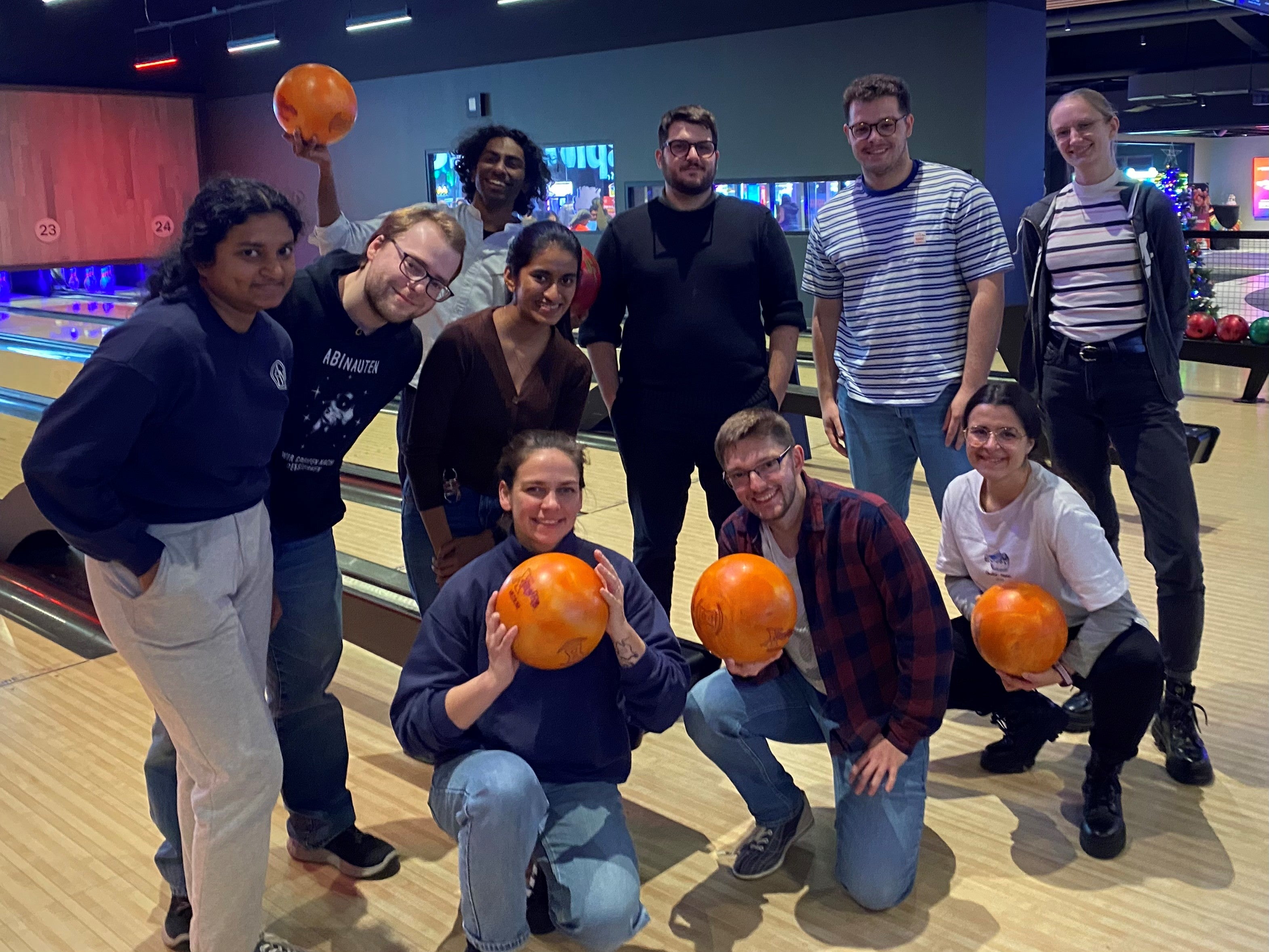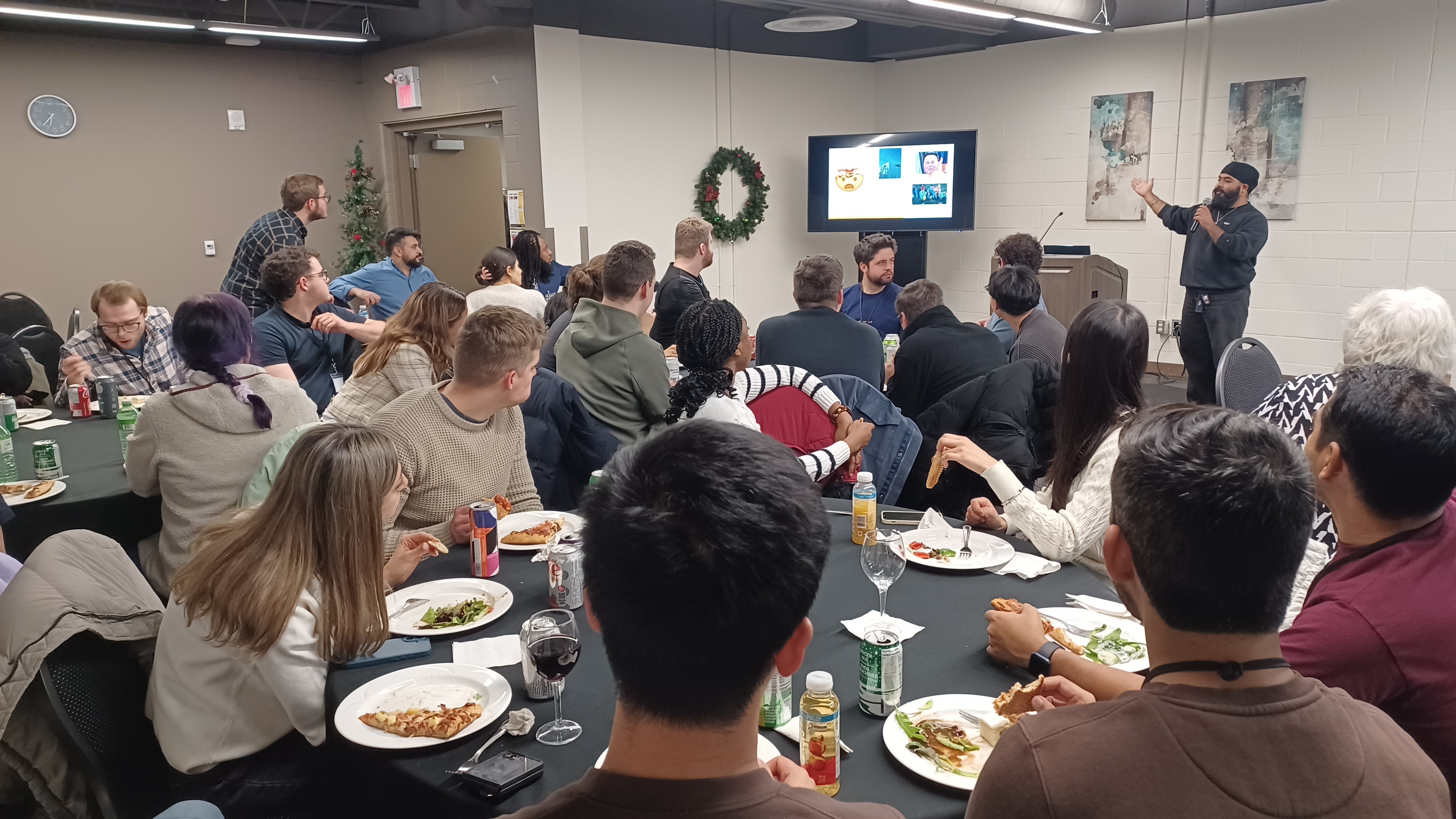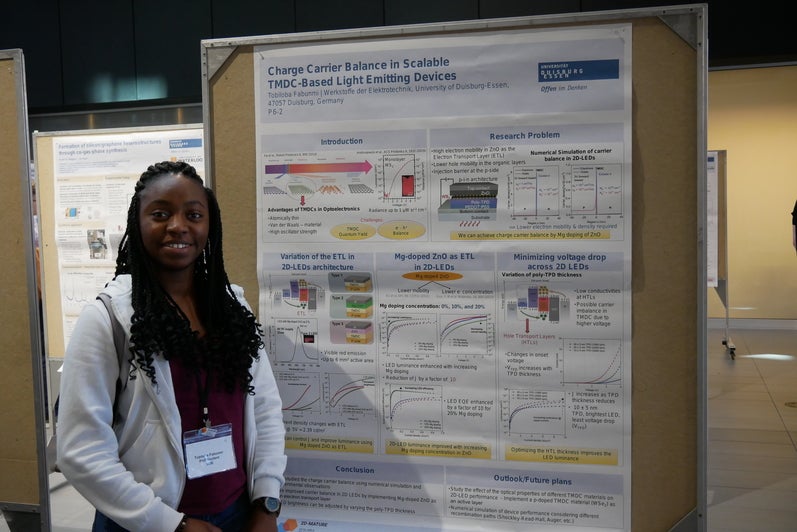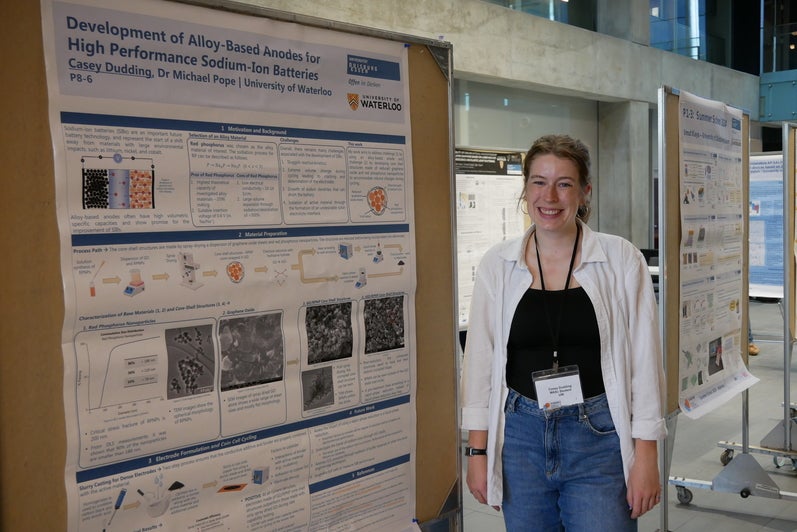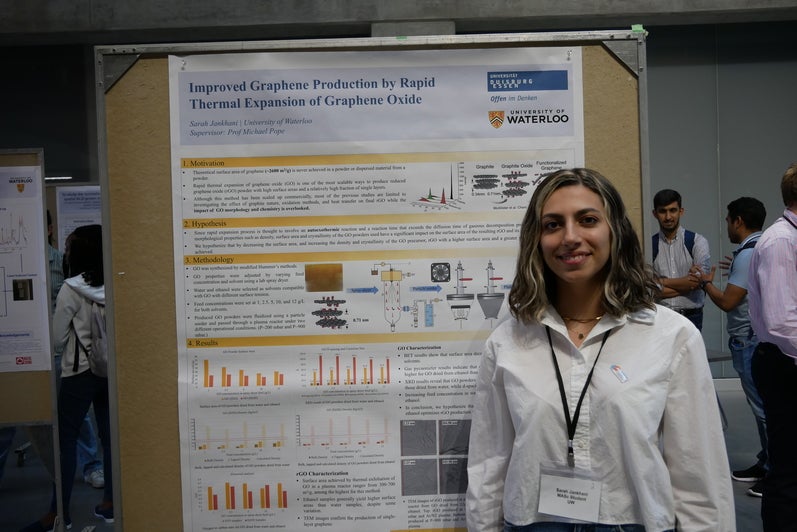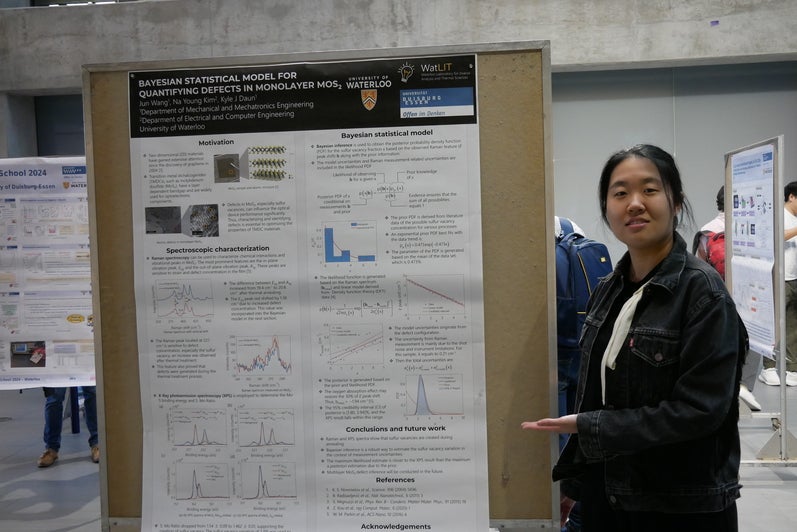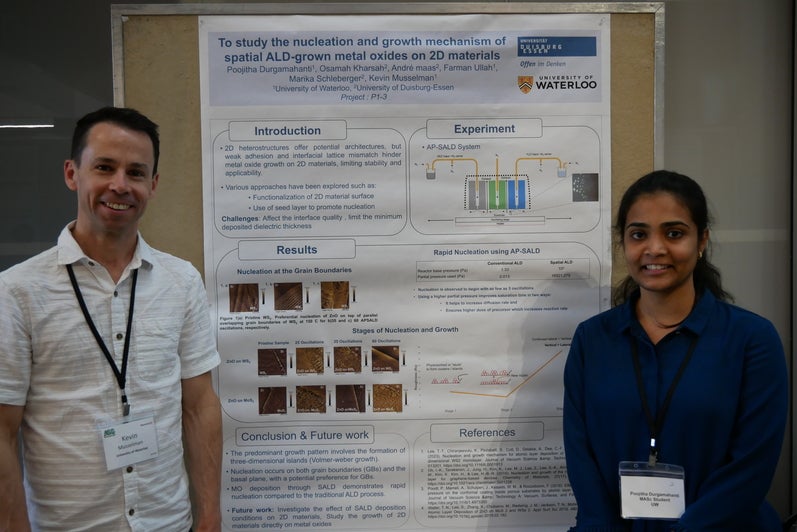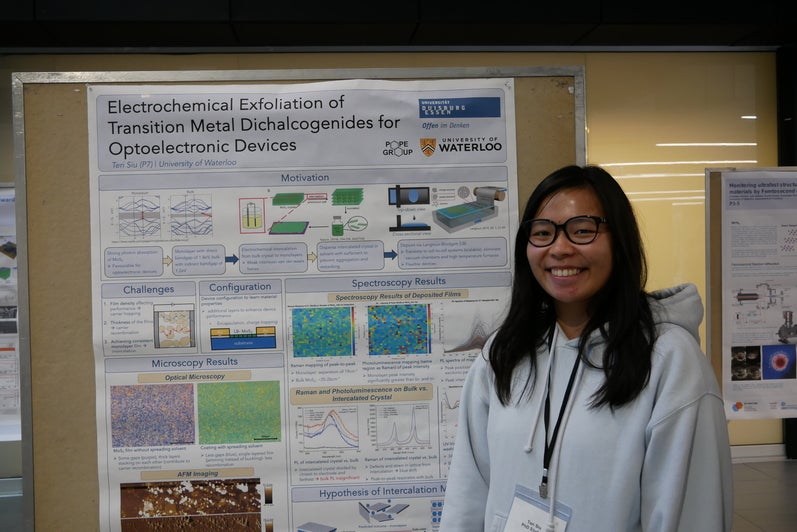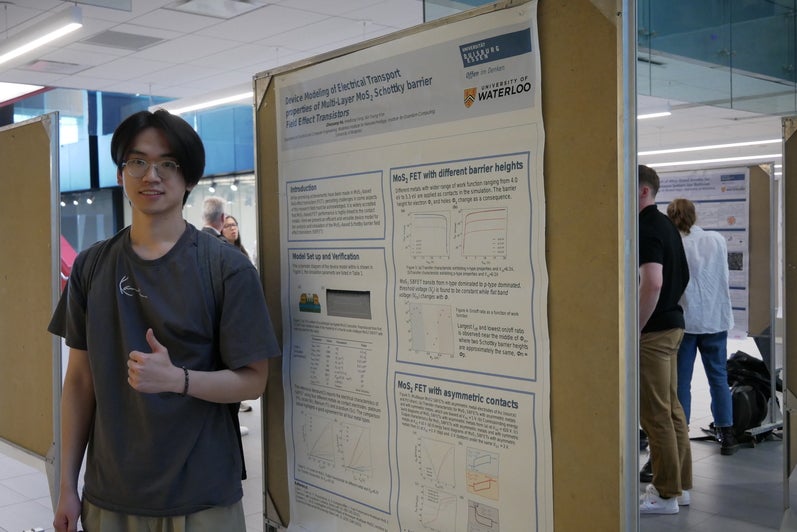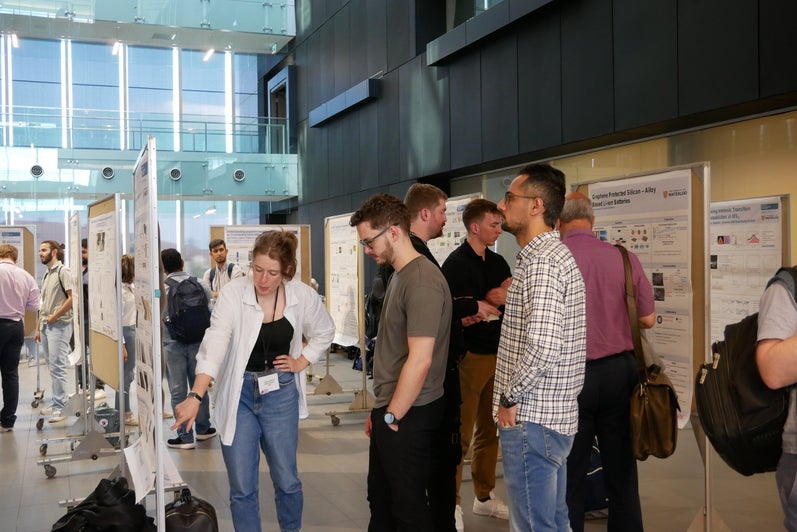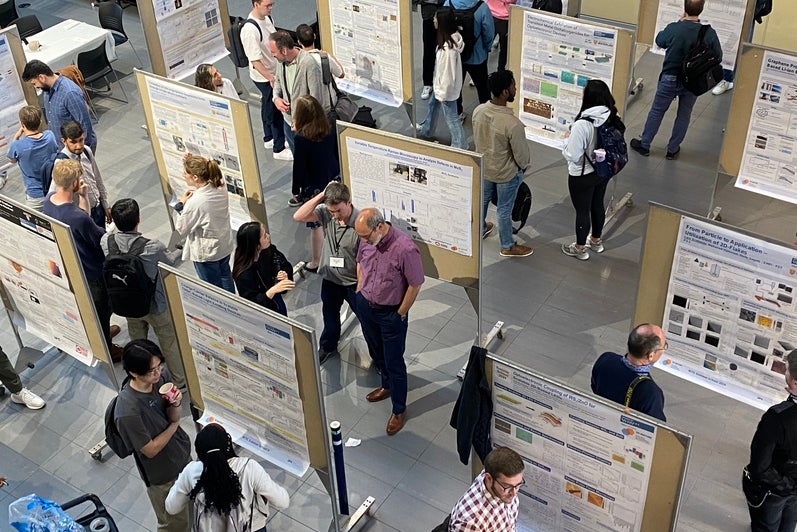Hands-on training with world-renowned researchers! Gain job-ready skills in exchange with German universities.
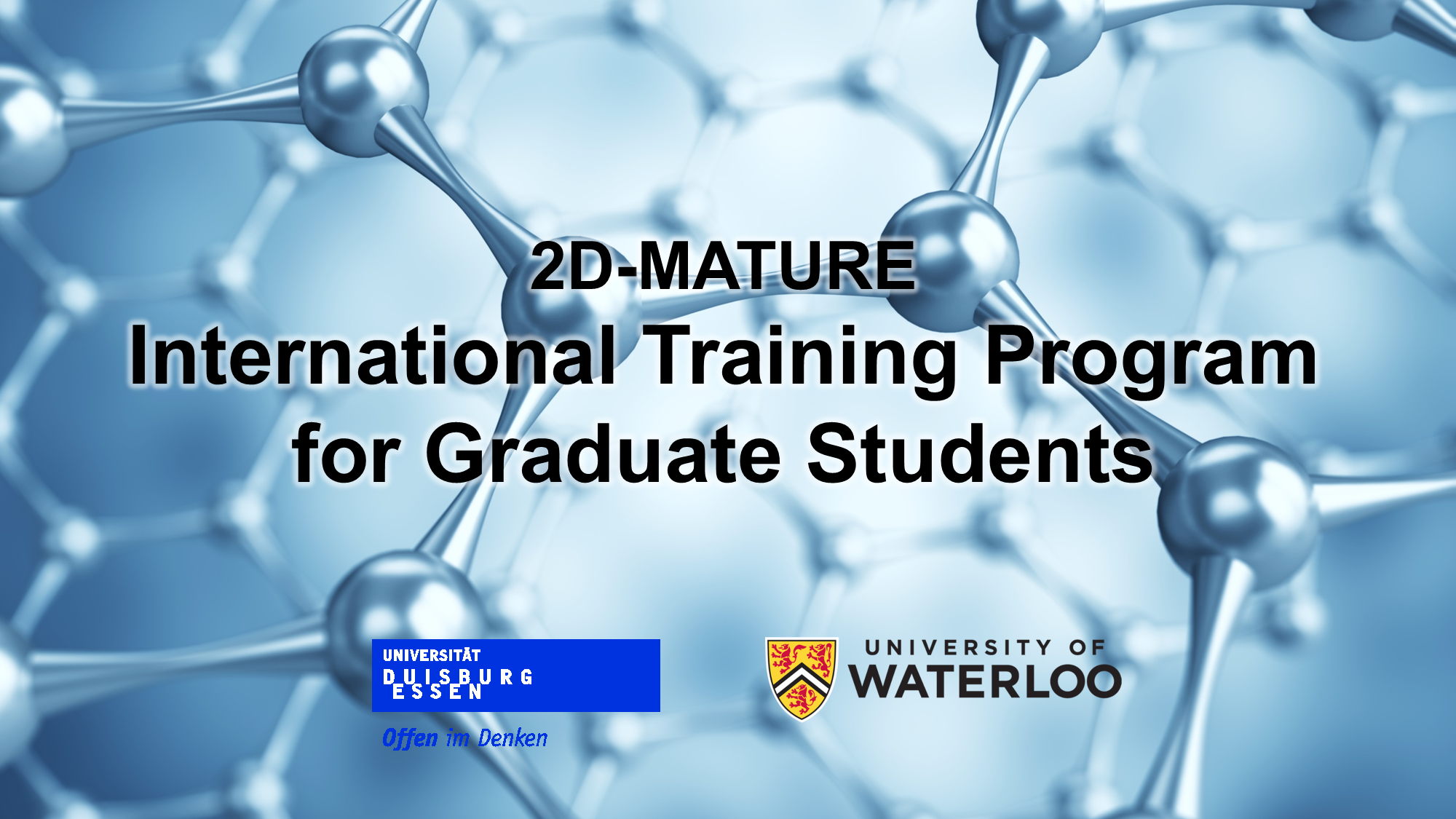
Atoms are the building blocks of all materials and, in solids, are typically arranged in three-dimensional structures that create the materials we use today, like glass, plastics or ceramics. The Nobel Prize winning discovery that atoms could be arranged in only two-dimensions, like flat, atomically thin sheets opened up a world of possibilities to create improved materials and products.
With a growing number of 2D-materials companies in Canada and globally looking to leverage these possibilities, this NSERC CREATE graduate training program aims to grow a Canadian hub of expertise in this strategic area which will compete on the international stage. The underlying theme of the CREATE is to train students in the multidisciplinary aspects of scale-up from the technical, the techno-economics to the social impacts. This value-added experience will produce job-ready trainees capable of transforming the 2D-materials industry in Canada.
2D-MATURE aims at producing excellent work and research-ready graduates who view the entire innovation ecosystem and consider the ecological and societal implications of their work.
Contact Information: Learn more about our world-renowned researchers and supervisors.
The program involves:
- synthesis and processing of scalable 2D materials;
- analysis and modelling of their functionality in realistic architectures; and
- implementation of these materials in optoelectronic and energy storage devices.
More information on our available positions.
Contact us if you are interested in joining the CREATE program.
We acknowledge the support of the Natural Sciences and Engineering Research Council of Canada (NSERC).
2026 Update
In November, we welcomed the 2D-MATURE students and faculty to campus for a meeting. New graduate students from Universitat Duisburg-Essen were onboarded to the training program. In 2025,11 new graduate students were onboarded to the 2-D MATURE program on the University of Waterloo campus in the fall semester. Three more are starting in the winter term. 12 PhD students were onboarded at the Universitat Duisburg-Essen campus.
During their visit, students toured several research facilities, including the OBEC Lab, the Functional Nanomaterials Lab, the Giga-to-Nanoelectronics Lab, the Inert Atmospheric Fabrication Lab, and the Wat Lab.
Students also presented their research through a series of scientific talks, showcasing the breadth of work across the program.
Beyond the academic activities, the group spent time together socially, including a PechaKucha event in which students shared personal stories and experiences. The visit also featured a trip to St. Jacob’s Farmers’ Market and a group dinner at the Lancaster Steak House.
Following the campus visit, participants travelled to Boston to take part in a conference.
The international training group organized a symposium “Scalable 2D Materials—Synthesis, Processing, Metrology and Device Implementation” at the MRS Fall Meeting in Boston.
Below are two winning posters:
Halil Ibrahim Yazici – Modeling Light Scattering from Crumpled Few-Layer Graphene—A Comparison of Crumpling Modeling Approaches – Best Oral Presentation
Riccardo Torsi – Impact of Sapphire Substrate Reconstruction on the Structural and Photonic Properties of MoS2 – Best Oral Presentation
🏅 Poster Presentation Winners:
Jun W. – Thermal Annealing Induced Defect Modifications in Molybdenum Disulfide (MoS2) Probed by Optical Emission Spectroscopy – First Place Poster
Summer school will take place in Germany in 2026!
2D-MATURE Summer School in Duisburg, which will take place from June 22 to 26, 2026.
We are currently starting the planning phase and would be very happy to receive yoursuggestions for potential guest speakers, preferably with an industry background.
Hands-On Lab and Method Training for PhD and MASc students will start June 8th. After the summer school, there will be an opportunity to attend the Graphene Conference, which starts on June 30th in Barcelona (abstract submission deadline is February 23rd, 2026).
We’re looking forward to seeing many of you in Duisburg!
Highlights from 2025
International graduate students and faculty members arrived on campus in June for 2D-Mature Summer School # 2
Graduate students and faculty members from the Universitat Duisburg-Essen and the University of Cambridge arrived at the University of Waterloo in June to join their UWaterloo counterparts for the second summer school of the program.
Last summer faculty and students from the University of Waterloo travelled to the Universitat Duisburg-Essen in Germany.
The students are participating in ongoing graduate student training aimed at leveraging 2D materials for various manufacturing applications.
The training held at the University of Waterloo brought together international academia, industry partners and students to collaborate on the multidisciplinary aspects of producing, utilizing and scaling up 2D materials.
On the first Sunday of the summer school, the group travelled to take in the sights at Niagara Falls.

Professors Peter Kratzer, Marika Schleberger, and Rossitza Pentcheva

The graduate students attended lectures from their supervisors and other professors.

Professors Michael Pope and Kyle Daun

Dr. Na Young Kim
The group also had lectures delivered by industry partners, such as Matt Heuft, Vice President of Business Development for Evercloak and Corey Travers from Angstrom Engineering, a company that specializes in thin film deposition systems. The group had an opportunity to visit the Angstrom Engineering facility.

2D-Mature group outside of Angstrom Engineering

Matt Heuft, Vice President of Business Development for Evercloak
The training included Indigenous perspectives. Professor Bob Watts former Interim Executive Director of Canada’s Truth and Reconciliation Commission delivered a lecture to the training group. The group was treated to an Indigenous dinner featuring braised venison following the presentation.

Professor Bob Watts

2D-MATURE group members about to enjoy the Indigenous meal.
At the dinner, the group played PechaKucha (a Japanese phrase meaning chit-chat.) PechaKucha is a storytelling format in which the presenter only has six seconds to talk about each slide of their presentation. The students' presentations celebrated the diversity within the group. Everyone had a great time learning more about the students’ lives and experiences!

Tobiloba Fabunmi talking about Nigeria.

ORnel Jose Padilla Estrada talking about Columbia.

Horace Ingram Looi talking about Malaysia.
Many of the students from Universitat Duisburg-Essen will remain at the University of Waterloo for six to eight months to continue their collaborations with students and faculty. The students received hands-on training and had lab tours of various labs where they would be conducting their research.

Professor Kevin Musselman talking to 2D-MATURE students.

Professor William Wong talking to students outside his lab.
Sessions were held for each student to present their ongoing research to the group. Read research publications.
A lively poster session was held in the E7 Event Space. Check out the photo gallery below:
Graduate students' on-boarding took place January 18th and 19th
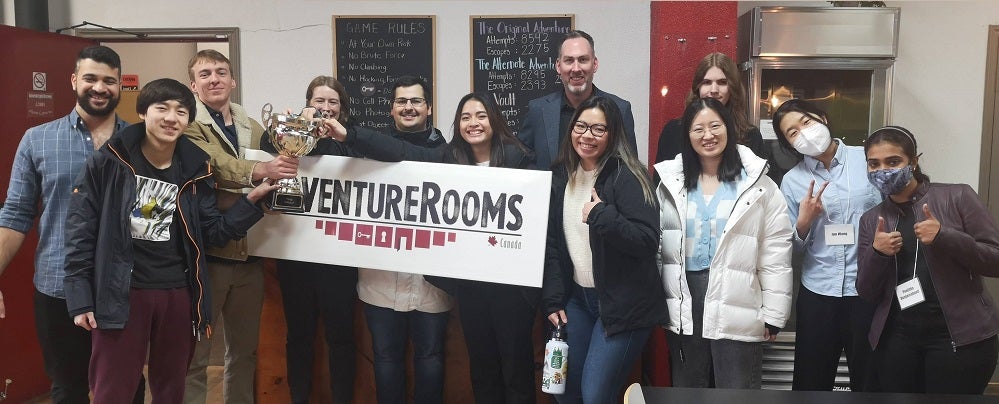
Ahmed Shahin,Tong Wang, Ryan Zamperoni, Casey Dudding,Keenan Black-Araujo, Emily Yip, Michael Pope, Teri Siu, Jixi Zhang, Jun Wang, Poojitha Durgamhanti
After a six month application process PhD and MASc students have arrived on their respective campuses. The students, who selected which of eight projects they would like to participate in, were excited to meet their faculty supervisors. On January 18th and 19th, PhD students at Universitat Duisburg-Essen, as well as PhD and MASc students at the University of Waterloo, were welcomed into the program.
Organizers injected some fun into the on-boarding agenda! The University of Waterloo students did some enjoyable team building during an excursion to an escape room. They also bonded over lunch at the University of Waterloo Grad House.
Other on-boarding activities for the students included an introduction to their chosen project, as well as informational meetings about research integrity, research data management, equity, diversity, and inclusion.
The group is excited to begin work on their projects. The University of Waterloo students are also looking forward to a trip to Germany in June, 2023 to attend their first program workshop.
